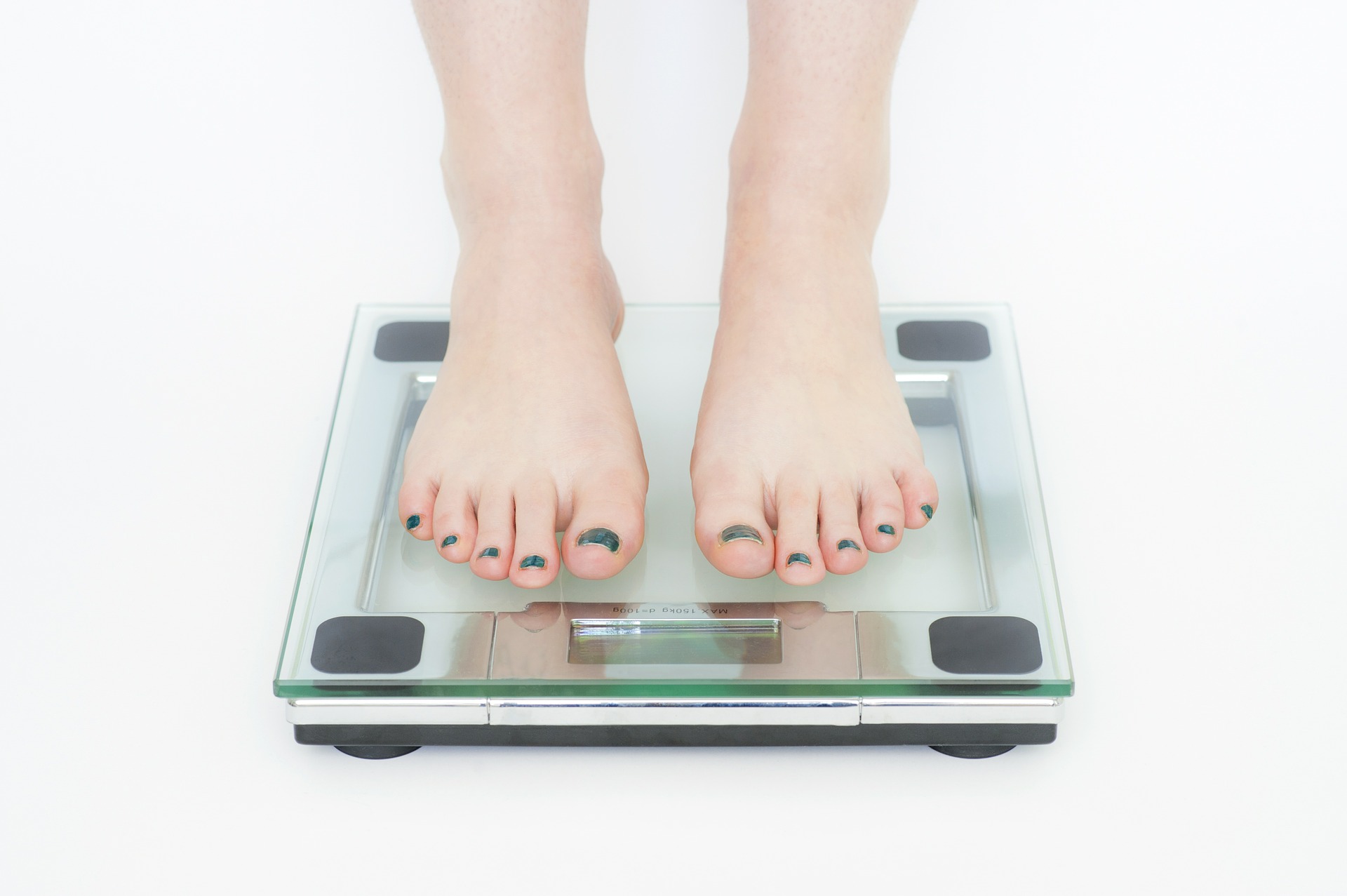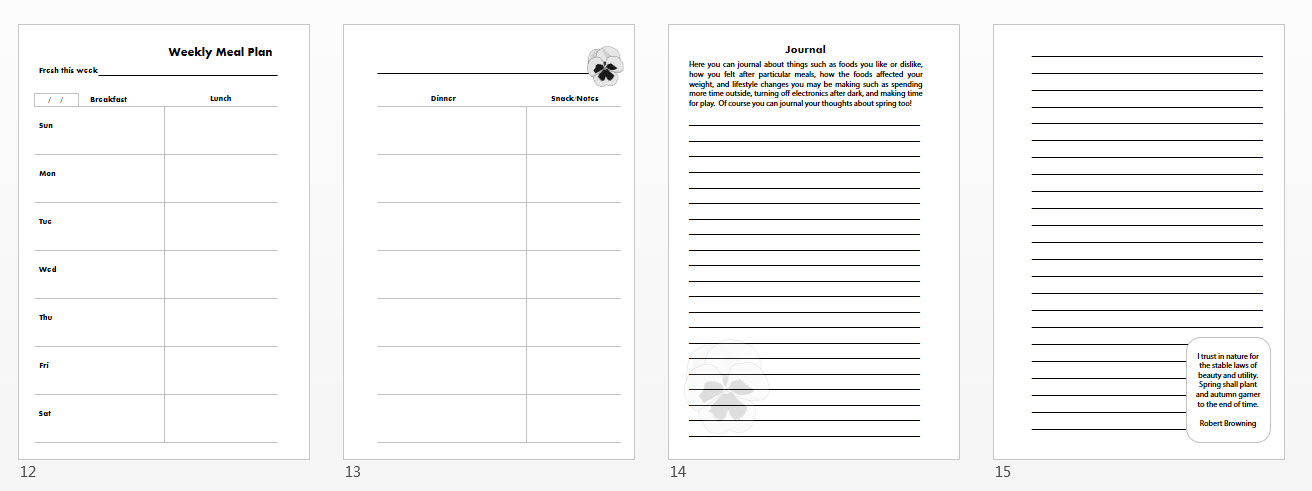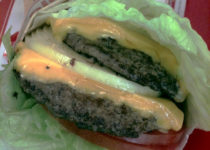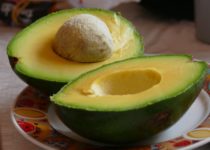What Information to Track about Keto
There are two kinds of information to track about keto. One is measurements you will take to determine if you have reached your health goals. The other is information about your diet and activity levels that you will use to determine what is working and what is not. This information will help you fine-tune your approach to keto so it works for you.
Goal Information to Track about Keto
You are doing keto for one or more reasons. The reason could be to lose weight, get more trim, fit better into your clothes, be able to move more, improve blood sugar control, reduce the risk of heart disease, reverse acid reflux and heartburn, improve mood stability, and fix many other possible health challenges you think keto will help.
Whatever your goals are, pick some way to measure if you have reached those goals. Take measurements at the start of your keto journey and periodically throughout. Write the numbers in a journal, an app on your mobile, or an online app. Having the numbers written means you can look back and see the progress you have made.
Some people like a before and after picture to show their progress. Others really do not want a picture of themselves before they started keto. I did not really think about it, so I do not have a good picture of me at my heaviest. I’m OK with that! But if you want to be able to brag about how great you did, take the picture before you start keto.

Obvious changes such as weight, waist, and hip measurements are easy to take as frequently as you want. Weekly or every two weeks is usually fine. You will notice clothing changes without having to really measure, such as having to take your belt in one hole or your slacks are too big. Once a month or so, you might try fitting into smaller clothes to see progress.
Some health goals may be relatively easy to determine. How do you feel in the morning both physically and mentally? Are you sleeping well? How is your mood? Are you getting heartburn or acid reflux in the week and how often? These are things you just need to remind yourself to notice every once in a while and make notes.
Other health goal measurements you will work out with your doctor. These include blood tests such as A1C (average blood glucose over the past 3 months) and triglyceride / HDL ratio. These may be taken every 3 or 6 months. You can get a blood pressure meter and take those measurements at home to see if that is improving. Write these numbers somewhere so you can refer to them over time.
Diet and Activity Information to Track about Keto

This is the stuff a lot of people do not want to track. But since there is no “one size fits all” when it comes to diet, you need to keep track of what you are doing so you can figure out what is working for you and what is not.
What foods are you eating? Even if you do not want to bother with amounts, at least track what you are eating for a while until you are in the habit of eating keto foods.
At some points in time, for example if weight loss stalls well before you reach your target weight, you will want to start tracking the food you eat again, and probably also track how much of it. You may want to recalculate your macro-nutrients due to a change in lifestyle or habit. I like a glass of wine in the evening and have to account for the extra calories in alcohol by consuming less fat during the day. If I decide to stop having wine, then I need to increase the fat to consume enough calories. (Too few calories and your body slows down your metabolism to match the reduced calorie intake. In some cases you may have to eat more to start losing weight again.)
Depending on your activity goals you may be casual or very serious about how much you track your activity. At a simple level, can you walk more than you could before? Can you go up more steps than before? Do you have the energy to move around more?
You might be more serious, perhaps having certain athletic goals. So you might want to track achievements such as how much weight you are lifting or how many reps of a particular movement you did.
When to stop collecting information
Ultimately what you track is either related to your own goals or it is information you will use to fine-tune your approach. I tracked my diet quite a bit at first. After a while, I just made notes of what I was eating for eventual use in a meal plan. When my weight loss stalled, I started really measuring my food, recalculated my macro-nutrients, and kept careful notes until I had new habits and had started losing weight again. Then I stopped tracking so much.
So you do not have to track your diet, activity, and other measurements forever. Tracking information is a tool for you to use to motivate yourself and to help you fine-tune your diet and activity levels. When you do not need it, then do not do it.









